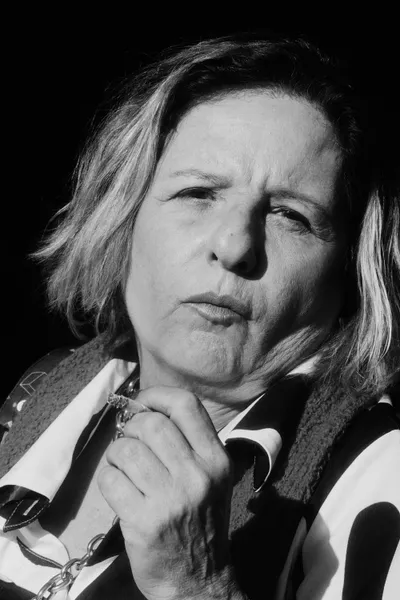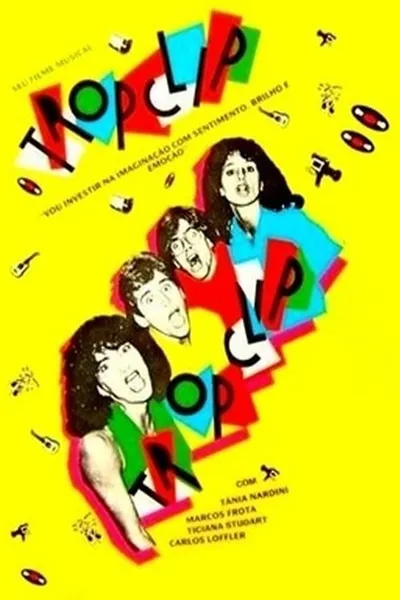
Ticiana Studart
Ticiana Studart began her career in 1979, acting on TV and in theater, trained at the renowned Tablado, under the guidance of Maria Clara Machado and Carlos Wilson. On television, she took part in landmark productions such as Água Viva and Dancing Days, as well as working for TV Educativa and TV Manchete. As an actress, she starred in two films, several shorts and memorable plays, including Ibsen's Peergynt, directed by Marcos Fayad, which received praise from critics such as Yan Michalski.
In 1985, she moved to New York, where she stayed for four years, furthering his artistic training. She studied at the H.B. Studio with great masters such as Uta Hagen, F. Murray Abraham (Oscar winner for Amadeus), Herbert Bergohoff, Bill Alton and Geraldine Page. She began her career as a director at the Director's Company, where she mounted Lorca's Yerma at the Staret Theatre. During her time there, she also did an internship at the Public Theatre.
Back in Brazil in 1987, she made her debut with Delicadas Torturas, a success with audiences and critics, which won Paulo José prizes such as the Molière Award for Best Actor. In the following years, she directed and staged notable plays, including Bukowski - Bicho Solto no Mundo, A Casa de Prostituição de Anaïs Nin and Coração na Boca, which was praised by the Miami Herald as a "Brazilian masterpiece". Her career also includes shows such as Insensatez, by Jean Cocteau, and Tudo sobre Mulheres, by Miro Gavran.
With an established career, Ticiana has directed 43 productions at CAL, where she has been a teacher for 23 years, and has signed major productions such as Freud, a Última Sessão and Amargo Fruto: A Vida de Billie Holiday, a musical she wrote and directed. In 2012, she launched the book Fora do Normal, published by Editora Record.
She currently develops the theater project Cavalo Novo and continues to teach at CAL, giving courses in acting, communication and language. Throughout her career, Ticiana has performed more than 25 plays and made an invaluable contribution to the Brazilian cultural scene.
Known for
Acting
Place of birth
Rio de Janeiro, Rio de Janeiro, Brazil
Birthday
8/2/1961




